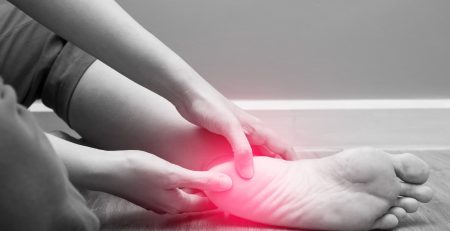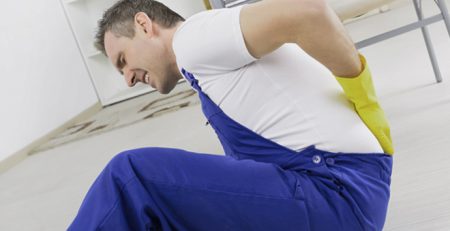Connection between health and clean dwellings in African American demograpahic “study”
A clean orderly house isn’t just a nice convenience; it’s a necessity for maintaining your health, both mentally and physically. Time Magazine published a study conducted by associate professor Nicole Keith at Indiana University’s Department of Physical Activity that found a direct correlation between a clean home and healthy inhabitants.
Study participants consisted of 998 African Americans who were 49 to 65 years of age. This demographic has a high risk of heart disease. Researchers compared the cleanliness of the participants’ homes with their degree of physical activity. Participants with the cleanest homes turned out to be the healthiest and most physically active. Moreover, study results suggest that encouraging people to keep a clean home may be more vital to their health than the type of neighborhood they life in.
Keith said, “In the end, the condition of the interior of their home appeared to be the only factor influencing their physical activity, and this was a finding we didn’t expect at all.”
Keith’s remarks make it clear that this result was something that came as a complete surprise to the researchers. The question is, “Can this really be that shocking?” The reason I ask this is because Florence Nightingale, a founder of modern nursing, once said, “The connection between one’s health and their dwelling is extremely close.”
The U.S. Environmental Protection Agency has found indoor air to be more polluted in many cases than the air outdoors, up to 5 times more in fact. Given that most people spend up to 90% of their time inside, we most likely are breathing in pet dander, dust mites, bug, skeletons, mold, and pollen. When you add the range of toxins that we’re also breathing in from the chemicals being emitted from our bedding and clothing, not to mention conventional household cleaning products, you can see how much is polluting the air indoors. Exposure to these toxins causes symptoms that mimic those from allergies, like wheezing, a runny nose, and itchy eyes, but are hardly ever attributed to a dusty, dirty, unkempt home.
The germ-infested culprits can also be found in some unexpected places. Elizabeth Scott, PhD, who is co-director at the Center for Hygiene & Health in Home & Community, which is part of Simmons College in Boston, discovered staphylococcus bacteria, which causes serious skin infections, in 26% of the bathtubs she tested, and in just 6% of the garbage cans she tested.
These results offer scientific proof that the health benefits, both mental and physical, of keeping a clean house are very real. According to PRO Housekeepers, a Tampa-based residential cleaning company, “we must also consider the happiness and renewed energy that our clients report to us after we’ve cleaned their home. They often describe a ‘therapeutic’ feeling, or that they are more ‘motivated’ and ‘relaxed’ when they return to their freshly cleaned home and/or office.” This serves to remind us that having a clean home is the embodiment of science and soul. To this end, we believe in holistic cleaning and therefore recommend using non-toxic, safe, green cleaning products to protect both health and environment.











